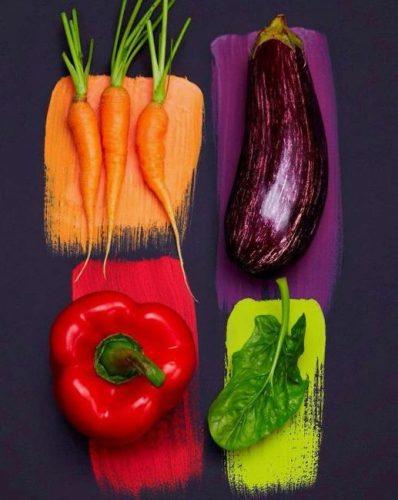Healthy habits and reducing sugar
We’ve all heard it from such a young age; ‘Sugar will ruin your teeth.’
However as adults how many of us practice this in our everyday day lives?
As our diet becomes increasingly processed and convenient to fit into our busy lives it can be hard to determine how much our sugar intake may be.
Sugar intake
It is recommended that sugar should not exceed 5 percent of our daily energy intake.
This means no more than 6 teaspoons for women and 9 teaspoons for men. Reducing sugar will not only improve your dental health but also your overall health and risk of chronic disease.
Recent research shows that high sugar intake increases your chances of developing;

- Type 2 diabetes
- Heart disease
- Obesity
- Cancer
- Stroke
- Non-alcoholic fatty liver disease
- Premature aging
Sugar and your teeth

When sugar comes into contact with plaque acid is produced which then leads to the gradual breakdown of tooth structure. Over time this process results in a cavity/ dental decay of the tooth.
Acid is produced by the bacteria in dental plaque which uses sugar as their main source of energy. This acid then dissolves minerals in the tooth such as calcium, phosphate and fluoride.
One thing we also know is we should also be conscious of combining sugar and starch together as this is poses a risk to dental decay over sugar on its own. Sugar/ Starch combination foods include biscuits, Cakes and fast foods.
Know your sugar intake
To determine your sugar intake you need to know that 1 teaspoon of sugar is equal to 4.2grams. It is important to read the labels of your food so you can determine how healthy and beneficial they may or may not be. If you divide the sugar section in grams on the nutritional label this will determine the amount of teaspoons you will be consuming per serving.

Some high sugar foods which you may not be aware of include
- Fruit Yogurt. 3.5 teaspoons
- Breakfast cereals. 1-9 teaspoons
- Hot chocolate. 1-3 teaspoons
- Bottled fruit juice. 6 teaspoons
- Tomato Sauce. Half a teaspoon per serve
Keep in mind it is recommended we do not exceed 6-9 teaspoons of sugar per day (25.2-37.8 grams).
Healthy diet healthy gums
Another point to consider when thinking about diet and dental health is adequate nutrition. If your body is not getting enough of the nutrients it requires it can be difficult to resist infection. This includes the mouth and more specifically gum disease. Gum disease is one of the most common causes of tooth loss in adults. It is believed that poor nutrition can actually result in faster progression of the disease as your body lacks the resources it requires to fight the condition.
On average Australians consume 14 teaspoons of sugar when we should be aiming for a maximum of 6-10 per day. Aim to reduce your sugar intake to reduce your risk of decay and other chronic diseases. Routine dental visits and Hygiene appointments will also help you maintain ideal dental health.
By Ashleigh Lilly
Return to blog


